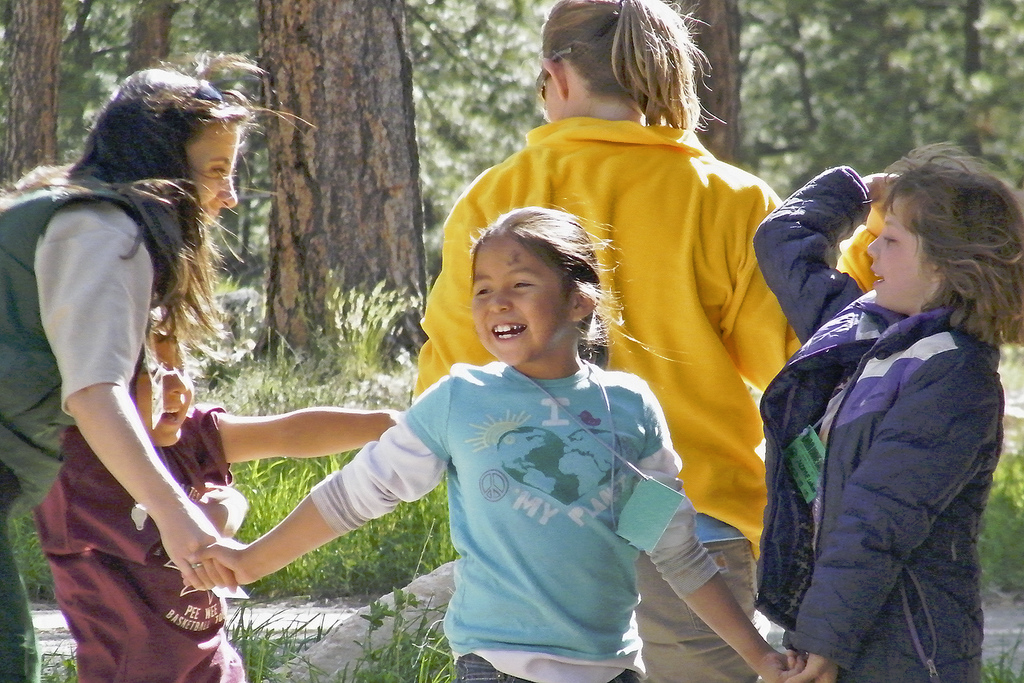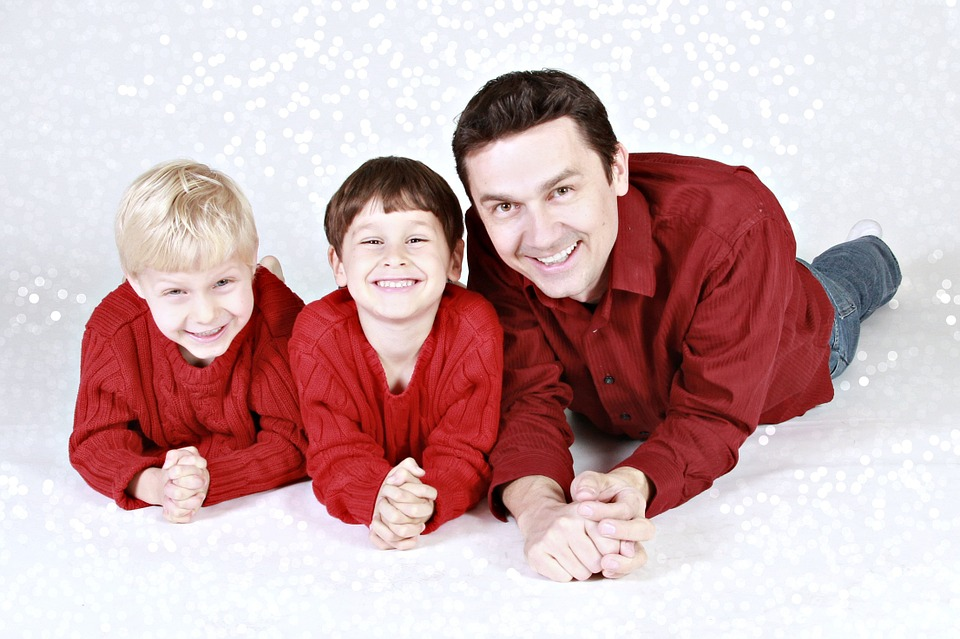As dads, we want to do what’s best for our kids so that they can grow up to be strong, independent people who have their own ideas and are able to follow their own passions in life. But what exactly does that involve? How do we build children of character when there is so much conflicting parental advice out there and so many distractions? It’s worth pointing out that kid’s character is generated in the first few years of life. It doesn’t just come from the classroom: it comes from all over the place: from their friends, from their church and from you as their parent. Today, thanks to the internet, we have way more tools than ever before to help us perform this important task. So what should we be doing to build a child of character?
Model Good Character Yourself
Kids’ brains are literally hardwired to copy the behaviors of the people around them. As a parent, you’re with your kids more than most people, so your behaviors are particularly important. If you spend your time shouting at your children and being aggressive, they’ll learn that lesson and incorporate it into their character: might is right.
If, however, you reason with your kids, explaining why you’re doing what you’re doing and telling them how you feel on a regular basis in a calm way, they’ll begin to do the same. Remember, kids don’t have highly developed frontal lobes, and so in the first few years, it’s almost impossible for them to intercept their basic instincts, whether that’s to cry or to rage. But building character starts with helping to process these powerful emotions. When they get upset, ask them to express how they feel in words, rather than act out their feelings on other people. Getting them to say how they feel generates the first seedlings of self-knowledge, an important tool for their future.
Help Them Get Out Into the World
A lot of the problems we see in kids today has to do the fact that they were trained to concentrate on the wrong things in their environment when they were young. Children with needy parents found that they had to focus on the needs of the parents and manage their emotions while they were growing up instead of focusing on the wider world and exploring physical reality. Kids who develop having to focus on the needs of other people wind up becoming obsessed with what others think about them and deeply insecure. Children, on the other hand, who are outward facing and try to master their physical environment, tend to do a lot better and feel better about them.
To make more outward-facing kids means getting them to explore the world around them. You can send them on summer camp, get them to join a sports club or buy them scientific tools, like a microscope. Children that care about the world tend not to be so focused on themselves, which is a quality of people with great character.
Tell Them Stories
Another way to introduce children to the qualities and character traits that are desirable is to do it through stories. Our brains are, again, hardwired to understand and process stories. We’re far more likely to remember the details of a story than we are the dry prose of a page on Wikipedia. Telling stories to your kids helps them to understand the virtues and ethics of the world around them. They begin to learn that the world is a complex place, full of dilemmas and intrigue. How the heroes in the stories navigate these moral quagmires says a lot about character and what children should aspire to be like. In most stories, the people who are most moral are those who apply the same standards of ethics across all situations. For instance, Star Trek fans know that Jean-Luc Picard will do anything to make sure that the Prime Directive – a directive that says that the Enterprise crew cannot reveal themselves to pre-industrial civilizations – is adhered to.
There are all sorts of great examples in children’s literature of children with moral character. Despite growing up in a family that didn’t love or appreciates her, Roald Dahl’s Matilda still made a success of her and indulged her life’s passion of learning whenever she could get away from her family. Despite being abused, Matilda was still able to have a strong sense of what was right and what was wrong about the world. Finally, you can also share real life stories and talk to your children about what they think about what they learn.








